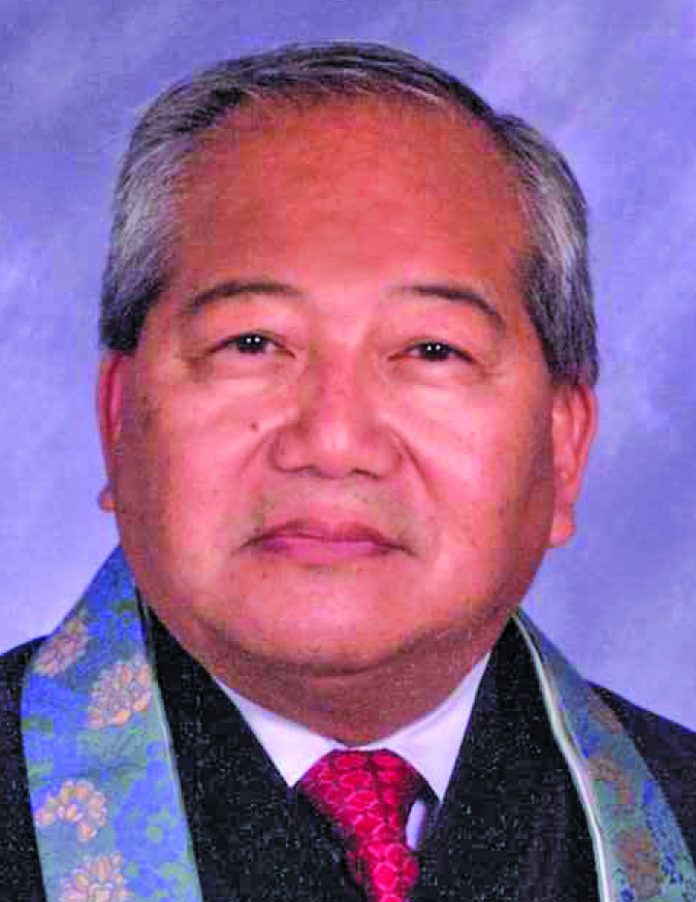One of the basic teachings of the Buddha is the truth of change. This is an undeniable reality that we are all aware of. However, we resist change and cling to the illusion that we are always in control of our lives. When life throws changes or adjustments at us it is at times in opposition to how we want our life to be and we try to force things to our liking.
Before Siddartha Gautama became enlightened he tried various practices and listened to many different teachers of his time in his search for the answer to human suffering. He practiced extreme asceticism and realized that neither the world of complete denial nor the world of luxury from where he came was the answer to his quest. He realized that there is a middle path, a path of realization of the truth of life unfolding before us. It is called change or the truth of change, simply put everything is impermanent.
Adjustments in the form of changes are not something that we necessarily want to acknowledge. The illusions or our self-deluded thoughts cannot accept the changes we experience. If we cannot accept the adjustments in life, we live in a world of denial. We are taught from a very early age to take charge of our lives, take control, and make something of our lives. What we are not told is that we must do this in an ever-changing world.
The Buddha realized that change is inevitable and our inability or ability to see and accept change is what either results in suffering or wisdom. As we see some of the devastating events unfold in the world, the causes, and conditions run deep and few have the wisdom to see the events in their totality.
The Buddha used the term “dukkha” to define the suffering caused by our refusal to accept the truth of old age, sickness and death. He further defined the cause of our refusal as our ego attachment. He went on to say that this is not the natural way for us to live. The natural way to live is in happiness found in awakening and accepting the truth of our lives. The way to this happiness is opening our eyes, our minds and hearts to the truth of impermanence.
Gassho.
Rev. Hosei Shinseki leads the Watsonville Buddhist Temple. His opinions are his own and do not necessarily represent those of the Pajaronian.













